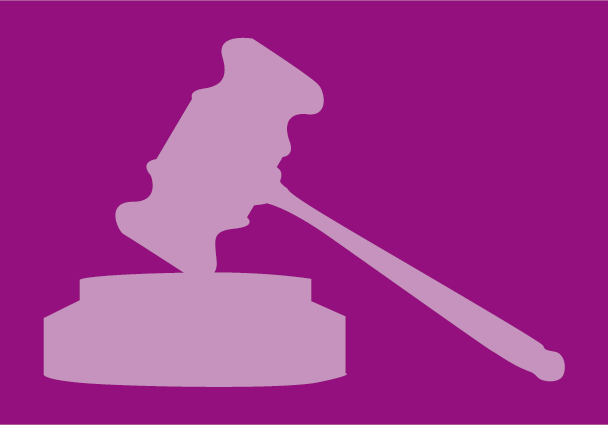
Oct 1, 1990
This Special issue of the CIJL Bulletin contains the following:
- Introduction, by Reed Brody, CIJL Director
- Instruments Approved by the UN General Assembly:
- UN Basic Principles on the Independence of the Judiciary
- Procedures for the Effective Implementation of the Basic Principles on the Independence of the Judiciary
- UN Basic Principles on the Role of Lawyers
UN Draft Declaration on the Independence of Justice (Singhvi Declaration)
- Instruments promoted by the ICJ:
- Draft Principles on the Independence of the Judiciary (Siracusa Principles)
- Draft Principles on the Independence of the Legal Profession (Noto Principles)
- The Rule of Law and Human Rights (Declaration of Delhi, Law of Lagos, Resolution of Rio, Declaration of Bangkok)
- Instruments Promoted by International Lawyers’ Federations:
- Union Internationale des Avocats: The International Charter of Legal Defense Rights
- International Bar Association: Minimum Standards of Judicial Independence
- International Convention for the Preservation of Defense Rights
- Provisions of Selected International and Regional Instruments and Case-law
CIJL Bulletin-25&26-1990-eng (full text in English, PDF)
CIJL Bulletin-25&26-1990-spa (full text in Spanish, PDF)
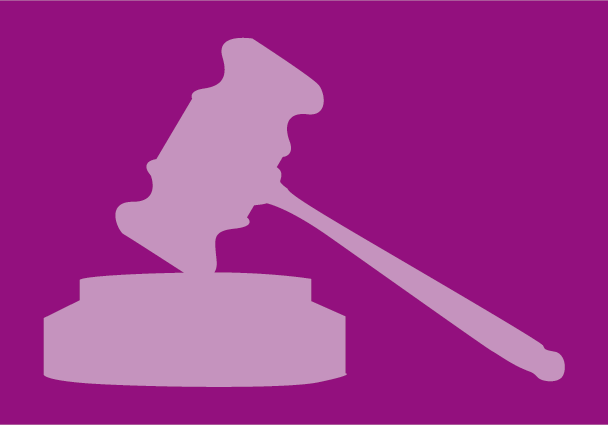
Oct 1, 1990
Centre pour l’indépendance des magistrats et des avocats (CIMA)
Introduction par Reed Brody Directeur du CIMA:
Selon M. Louis Joinet, Rapporteur des Nations Unies sur l’indépendance de la magistrature et la protection des avocats, “Il est aujourd’hui unanimement reconnu que les droits de l’homme et les libertés fondamentales sont mieux garantis dans une société où la profession juridique et la magistrature sont libres de toute ingérence ou pression.
La justice exige que chaque individu jouisse du droit à un jugement public et équitable par un tribunal compétent, indépendant et impartial, conformément aux principes énoncés dans la Déclaration universelle des droits de l’homme (Article 10), le Pacte international relatif aux droits civils et politiques (Article 14), et dans d’autres instruments des Nations Unies.” (Document ONU E/CN.4/Sub.2/1990/15, para. 1.)
En septembre 1990, le huitième Congrès des Nations Unies pour la pré- vention du crime et le traitement des délinquants a adopté les “Principes de base relatifs au rôle du barreau”, principes qui ont été salués en décembre 1990 par l’Assemblée générale.
Le CIMA voyait en ces évènements la dernière étape vers l’aboutissement d’un objectif qu’il s’était fixé en 1978: promouvoir l’élaboration et l’adoption de principes universels qui définissent et protègent l’indépendance de la magistrature et de la profession juridique.
Dans un sens, ces efforts s’inscrivaient dans la suite de la volonté affirmée auparavant par la CIJ de définir le rôle des magistrats et des avocats dans un régime de droit.
Nous estimons donc que le moment est venu de publier un numéro spécial réunissant les plus importants instruments internationaux adoptés sur la question – tant ceux approuvés par les Nations Unies que ceux reconnus par les principales organisations de magistrats et d’avocats. Nous tenterons, dans cette introduction, de retracer l’évolution de ces instruments.
CIJL Bulletin-25&26-1990-fra (Texte complet en PDF)
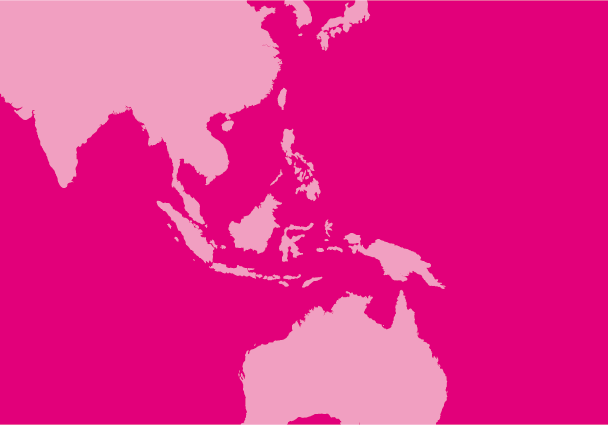
Aug 3, 1990 | News
The ICJ calls upon the ruling military council to hand over power to the National League for Democracy which won over 80% of the seats in the recent election for the National Assembly.
The military State Law and Order Restoration Council (SLORC), to give it its full title, is contending that the hand over should not take place until after approval of the New Constitution. This is not only an attempt to delay the transfer of power. It is an attempt to impose a constitution satisfactory to the military authorities, rather than one drawn up by the new National Assembly and submitted to the people for approval.
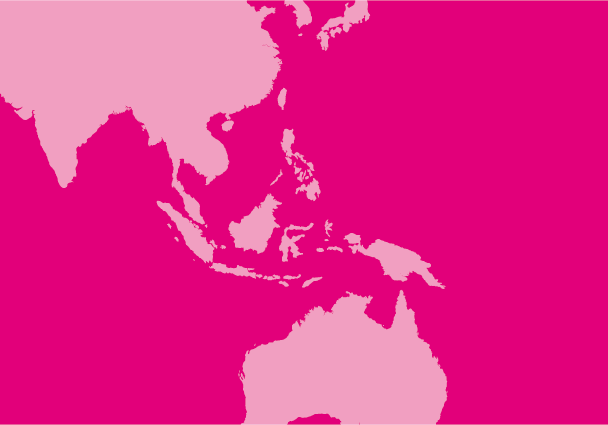
Aug 1, 1990
On 18 February 1990 Richard de Zoysa, a 31 year old journalist, was abducted from his home near Colombo in Sri Lanka in the early hours of the morning by a group of men. His body was found in the sea on 19 February. He had been shot.
A magisterial inquiry into the killing was instituted shortly afterwards. About three-and-a-half months later Mr de Zoysa’s mother, Dr Manorani Saravanamuttu, who had been present at the abduction, claimed to have identified one of the abductors as Senior Superintendent of Police Ronnie Gunasinghe when watching a television news broadcast on which he had appeared.
The police authorities declined to arrest Mr Gunasinghe. Public concern about the killing had, meanwhile, been growing nationally and internationally. Both Dr Saravanamuttu and the lawyer she had instructed to represent her interests at the inquiry received death threats over the telephone and in writing.
Following representations made to Justice, the British section of the International Commission of Jurists, the ICJ decided to send an observer to witness the later stages of the magisterial inquiry. Mr. Anthony Heaton-Armstrong was appointed as its representative on 20 June 1990.
Sri Lanka-homicide of richard de zoysa-fact finding mission report-1990-eng (full text in English, PDF)
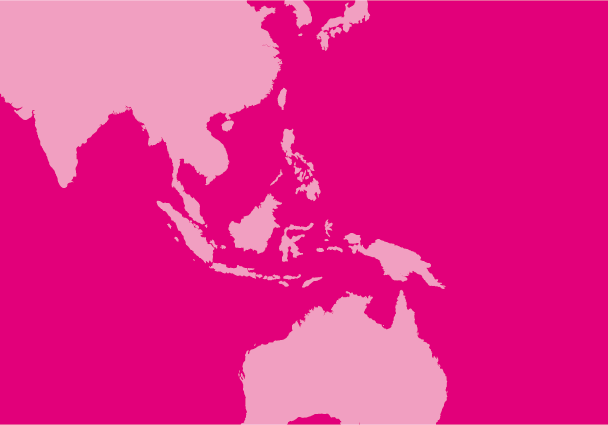
Aug 1, 1990
This fact-finding mission report was written by David Bitel, for the Australian Section of the ICJ.
The author went to Bangladesh for two weeks in June 1990 in order:
- to make a preliminary investigation into the current status of human rights and the rule of law in Bangladesh
- to consider preliminary findings in the lights thereof, and
- to establish contacts with human rights workers and NGOs, and in particular those representing the legal community in Bangladesh, with a view to fostering closer contact between persons of like interests in Bangladesh and Australia.
Bangladesh-human rights-fact finding mission report-1990-eng (full text in English, PDF)









